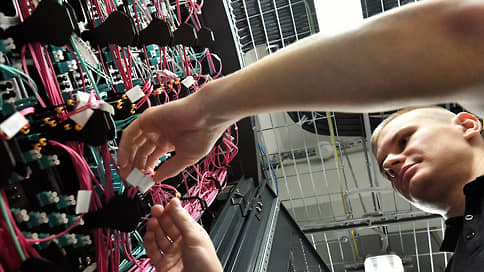How to remember – reveals research on mice – BBC News in Serbian
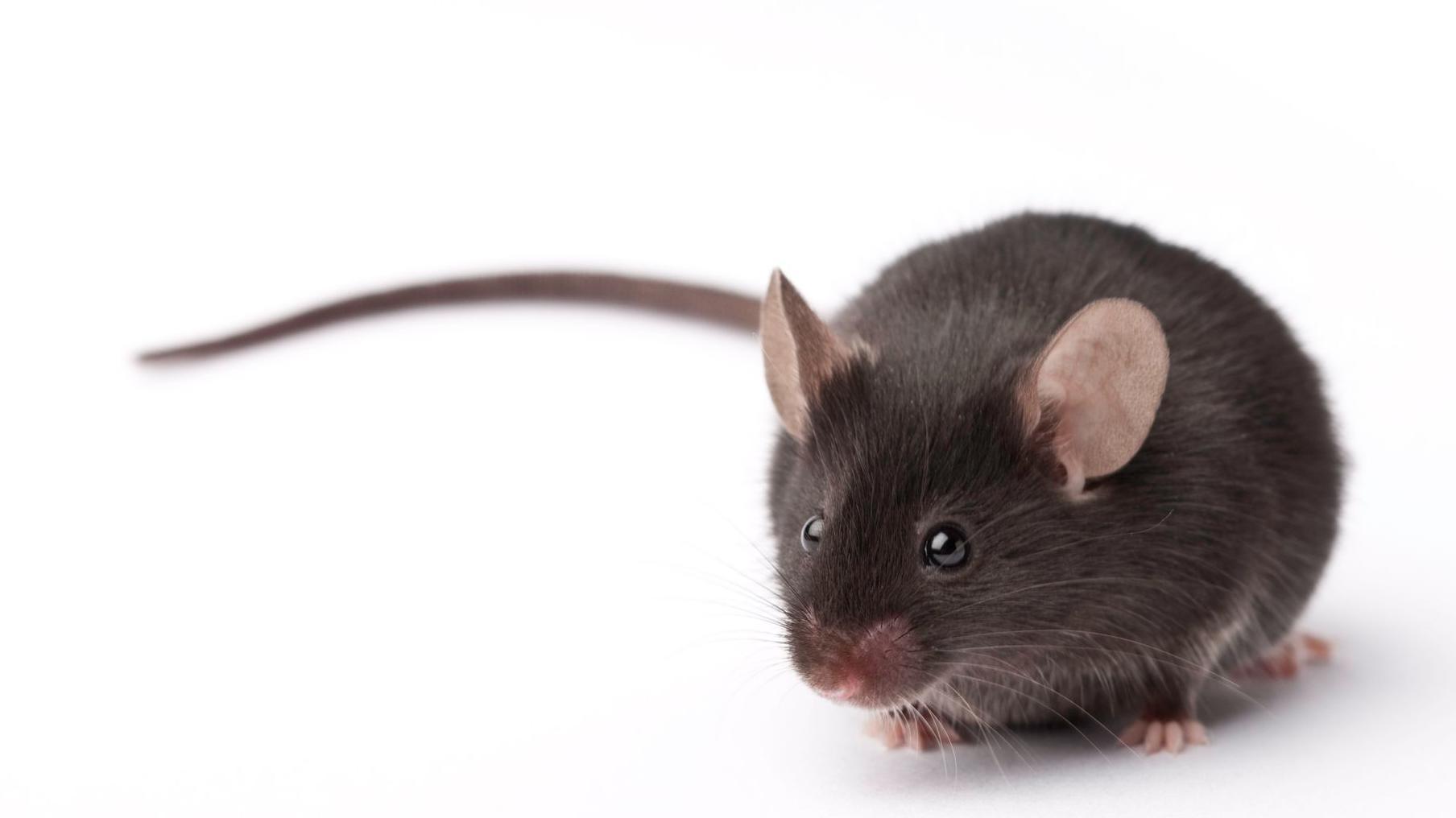
How to prevent new memories from pushing old?
Scientists who watched memories through the eyes of the lower mice think they were on the trail of the answers.
Their research in the future could help improve artificial intelligence, prevention of Alzheimer, and even treating posttraumatic stress disorder.
When we forget something, is it because the new memory « run over the existing or well-determined memory?
Animated comic character Homer Simpson from the American TV series Simpsons certainly believed that.
« Every time I learn something new, it squeezes something old from my brain, » he told his wife Marge in a particularly striking episode.
« Do you remember when I went to a wine-making course in homemade work, so I forgot to drive? »
Homer’s observations are not far from reality.
There is a phenomenon called « catastrophic forgetting », in which the process of consolidating new information, it really affects the existing memory or « deletes ».
Something similar can be noticed in digital neural networks that drive artificial intelligence (AI), which are based on the human brain, but often struggling to incorporate new data sets in existing learning.
Our brain is usually better at it, but we don’t understand truly why.
Researchers from Kornel University in the United States believe that our brain generates memories and claim that their findings will eventually be used not only to improve artificial intelligence, but also to combat degenerative states such as Alzheimer’s disease.
Everything was reduced to what they could see through the eyes of the lower mice.
The window into the brain
Research Study, published in early this month in Journal of Nečer (Nature)shows that mice avoid this mixing with the processing of new and determining old memories in different stages of sleep cycles.
« It’s the first time we know something as specific as the type of memory of the brain is consolidating the mere observation of the eye, » she said for the BBC’s leader of the study of Dr. Azahara Oliva.
Mice are ideal entities for this type of experiment because they are during a period of time while sleeping eyes partially open and it gives scientists a window into their brain.
When mice are sleeping, their pupils are narrowing around a minute again, and then return to the original, broader condition.
Scientists found that the mouse brain performs different tasks at each stage of sleep.
When the pupils are spread, the brain keeps the old memories, says Dr. Oliva, and incorporates new memories when Zenice are narrowed.
The team believes that this two-phase system is « a possible solution for the problem that the brain can incorporate new knowledge, but also to keep old knowledge intact ».
Transgenetically modified mice
These insights are possible because brown mice used in these experiments (considered smarter than white) have a genetic change of neurone (brain cells) responding to light.
« Mice themselves are transgenetically modified, so they manifest an artificial protein in brain cells, » says leading co-authors Dr. Antonio Fernandez Ruiz.
« When we insert optical fiber in their brain, with a very small amount of light we can force these neurons to inflamine – we can activate specific cells in the brain when we want it, » says co-authors Hongju Cheng.
This allows researchers to or initiate or suppress the recollection of memory with the help of special equipment designed by the team.
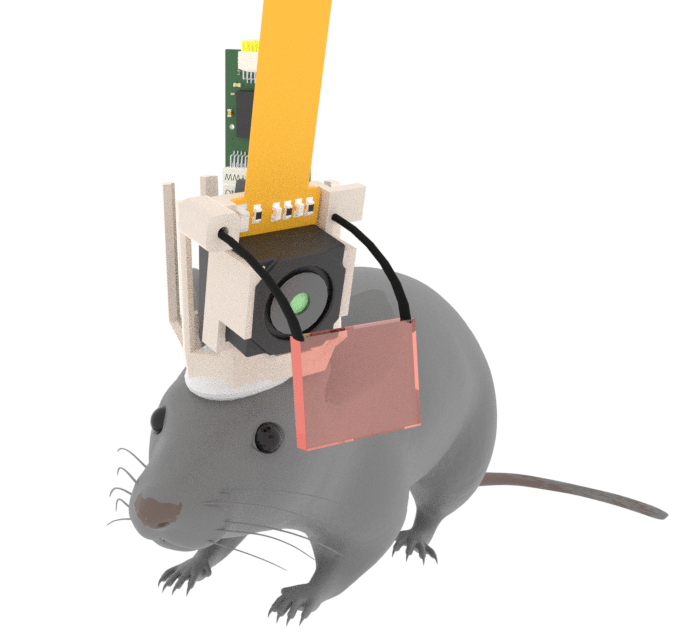
Mice wear special helmets with a camera and a mirror, for scientists to follow the pupil and know in which state of sleep are mice.
Then the brain can only be stimulated in the desired period – when a pupil or widespread or narrowed.
Small electrodes implanted in the brain allow scientists to accompany the processing in the mouse brain at the same time and to end its ability to create new memories.
The study of hundreds of concrete neural cells speaks by scientists in which they fell and, if it suits the order of previous experience, then asagers that the lingerie may pass again through some earlier event and forms or consolidates memories.
« When I walk through the room, some neurons will be burned in a certain order, and then, at night, the same cells will be re-reactivated in the same order to consolidate and make these memories stabilize, » Cheng explains.
But the burning of a small number of lights over an optical cable in a genetically modified neurone in a directed mouse interferes with that process.
Deleting Mouse Memorial
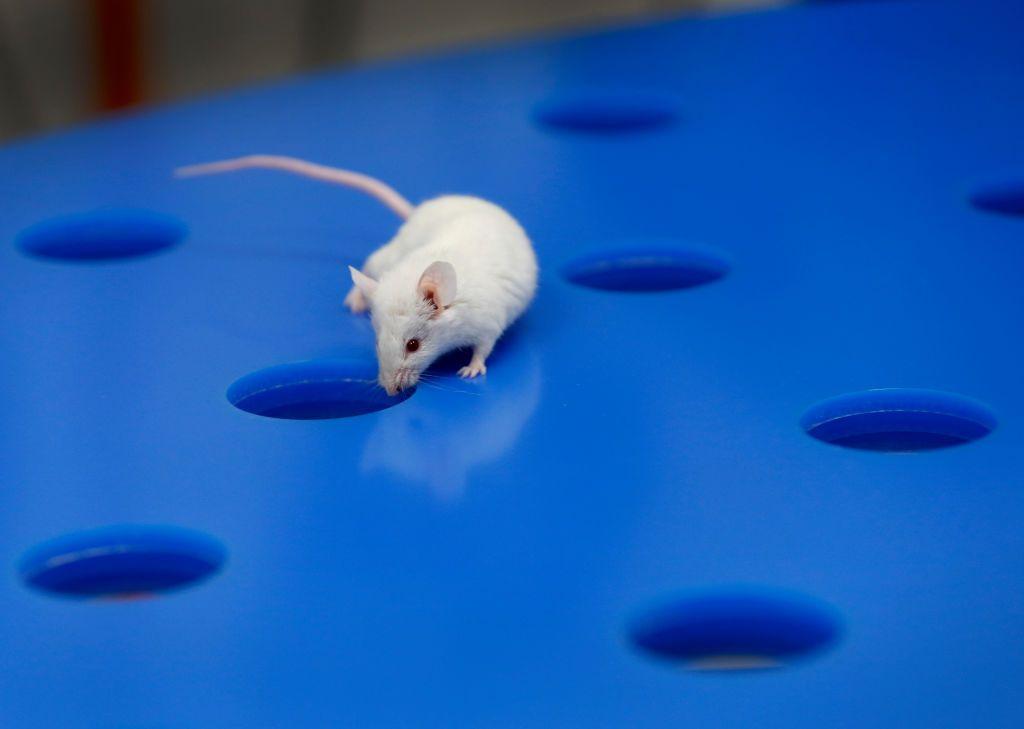
« We put an animal on a plate with a labyrinth – on the round shaped panel with many holes, » says Koatuor report Dr. Venbo Tang.
« And one of the holes contained a hidden reward, which was sugar. »
The mice then learn the way to the sweet treat and scientists map the pattern by neurons.
Setting another, different way, they can distinguish old, established memories and those who were formed that day.
He then tried to see if he could erase selective memories.
The team revealed that when the neurons of the formation of recollection in the stage of a narrow pupil near Mass, who had just learned how to find a treat, he failed to find a treat again if he woke up again.
However, when they did it during the widespread pupil phase, mice would go straight to the treat.
They could remember the way, which indicated that the process of forming memories during sleep was not violated.
Scientists managed to follow brain activity and so they knew that most repetitions of recent experience in the brain took place when Zenice was narrowed.
Based on earlier experiments, they believe that another stage of sleep with wider Zenice serves a different purpose – determining existing memories.
It stated the team to conclude how, even if in mice. The brain separates the two tasks of processing new memories and consolidating existing ones, which is most likely to prevent them from affecting each other.
Help with Alzheimer’s disease, trauma and artificial intelligence
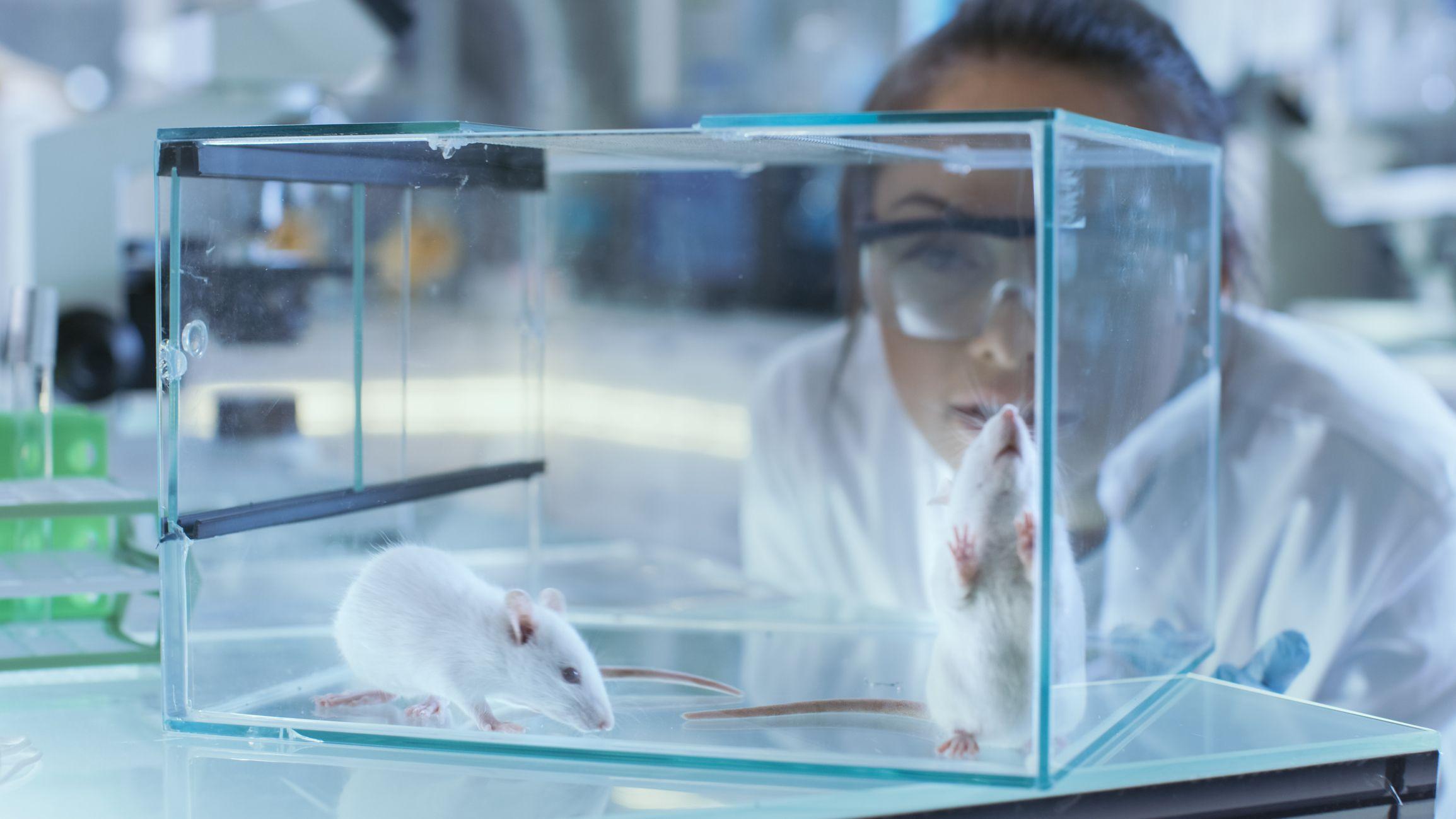
We know how important sleep is for the process of forming memories, and this study suggests that what happens in the brain during different stages of sleep and for preventing problems with creating and determining memories.
The team believes that – as in many other cases so far – its findings in mice are also relevant to humans: mice are also mammals and share many genetic similarities and biological processes with people, just like the challenges from the environment and needs.
If we can help the human brain in mixing existing and new memories, we could find ways to treat different states.
« We think that happens in natural aging and perhaps neurodegenerative diseases such as Alzheimer’s disease, » says Dr. Fernandez Ruiz.
« You may have some memory that you specifically want to delete, as people who suffer from PTSD or harmful types of memories, » Dr. Oliva adds.
It suggests that in the future we could be able to influence sleep during consolidation and concrete traumatic memories or experience.
The research could also help artificial intelligence learn many similar tasks in the way the human brain does.
« When you ask for an artificial intelligence system, he can do it very well – even better than people. But when you ask for artificial intelligence to do many things, it already represents him, » Dr. Tang says.
« If I train a new artificial neural network to recognize the image – a picture of a cat, for example – it will be fantastic, » says Hongju Cheng.
« But what if I want to learn a dog, for example, you need to train it, because the new set of data will be remembered, but it will forget this field that there is a way that artificial intelligence learns new things faster. »
Its entire, says Dr. Tang, « The essence of this study is how a dream can help us store memories », and that could help improve human health again.
But that may not help Homer Simpson, whose inability is to drive after the course of making wine had little to do with the stages of sleep.
« It’s because you were drunk, » Harder’s attention was heading.
The BBC in Serbian is from now on and on the morning, follow us Here.
Follow us on Facebook, Twitter, Instagram and Vajiberu. If you have a topic suggestion for us please contact (Email Protected)





